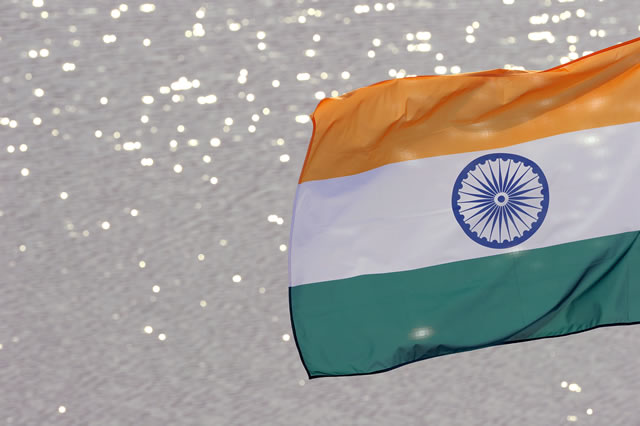
NEW DELHI (PTI): Navy chief Admiral R Hari Kumar has stressed that contemporary challenges in the maritime domain could be best addressed by "issue-based convergences" among like-minded countries, while highlighting the advantages of "regional solutions to regional problems".
The Chief of Navy Staff, citing India's experience, said working in smaller groups and regional frameworks is helpful in building trust, interoperability and overall outcome.
Admiral R Hari Kumar was speaking at the Raisina Dialogue alongside Commander of the US Indo-Pacific Command Admiral John Aquilino, the UK's chief of Naval Staff Admiral Ben Key and Chief of Staff of Japan's Defence Ministry Gen Koji Yamazaki, in New Delhi on March 4.
Admiral Kumar said India's policy in the region is based on the principles of respect, dialogue, peace and prosperity and it is guided by Prime Minister Narendra Modi's vision of SAGAR or security and growth for all in the region.
To a question on the Indian perspective on working with partner countries to deal with challenges in the maritime domain, Kumar said they are both "non-traditional and trans-national" and cannot be addressed by any individual nation.
"There is a need for cooperation.. that is something we in the maritime domain always look forward to – to find how to cooperate, how to work together," he said.
"While doing this, I would say today we are looking at issue-based convergences. We may not agree on certain things, but we will agree on many other issues. Therefore, we come together on those matters," he added.
"We are looking at regional solutions to regional problems," he said. Admiral Kumar also referred to the US Navy back in 2015 talking about a thousand-ship Navy including all the friendly partner navies coming together.
The Navy Chief also cited the advantages of regional groupings like the Indian Ocean Naval Symposium (IONS), which has 25 partner countries, the Colombo Security Conclave and the Goa Maritime Conclave.
"When we work in smaller groups, it serves a lot of purposes. For example, it generates a lot of trust among the partner countries; you work towards building capacity and it results in increasing interoperability, domain awareness and regular engagements. And all this finally leads to maritime security," he said.
"There is a saying that rising tide lifts all boats. So therefore, we look at prospering together. India is a country that looks at everybody in the region prospering together," he said.
The Navy chief said technological innovations including space-based surveillance, artificial intelligence and electronic intelligence are helping maritime commanders to have better maritime domain awareness.
At the same time, he said the Ukraine war has shown the rapidity with which counter-measures are developed for all new technologies.
"There has been a lot of technological innovation that has been happening. We saw it in the Ukraine war as well," he said.
Admiral Kumar said significant developments have taken place in areas of space-based surveillance and maritime domain awareness.
"Transparency at the ocean is difficult due to its large space and to cover the entire spectrum of ocean would require a large number of assets and is cost-intensive," the Navy Chief said.
"There is a need to harness the technology that is available for it," he said.
In his remarks, Gen Koji Yamazaki said cyberspace and outer space are two important domains where "our adversaries are very active".
"Japan is working towards building comprehensive defence capabilities to become secure and resilient in this regard," he said.
Admiral Aquilino said that the benefit of AI in the short term is decision-making in real-time.
At the same time, he said that it is important not to lose sight that the military has a human dimension and interaction.
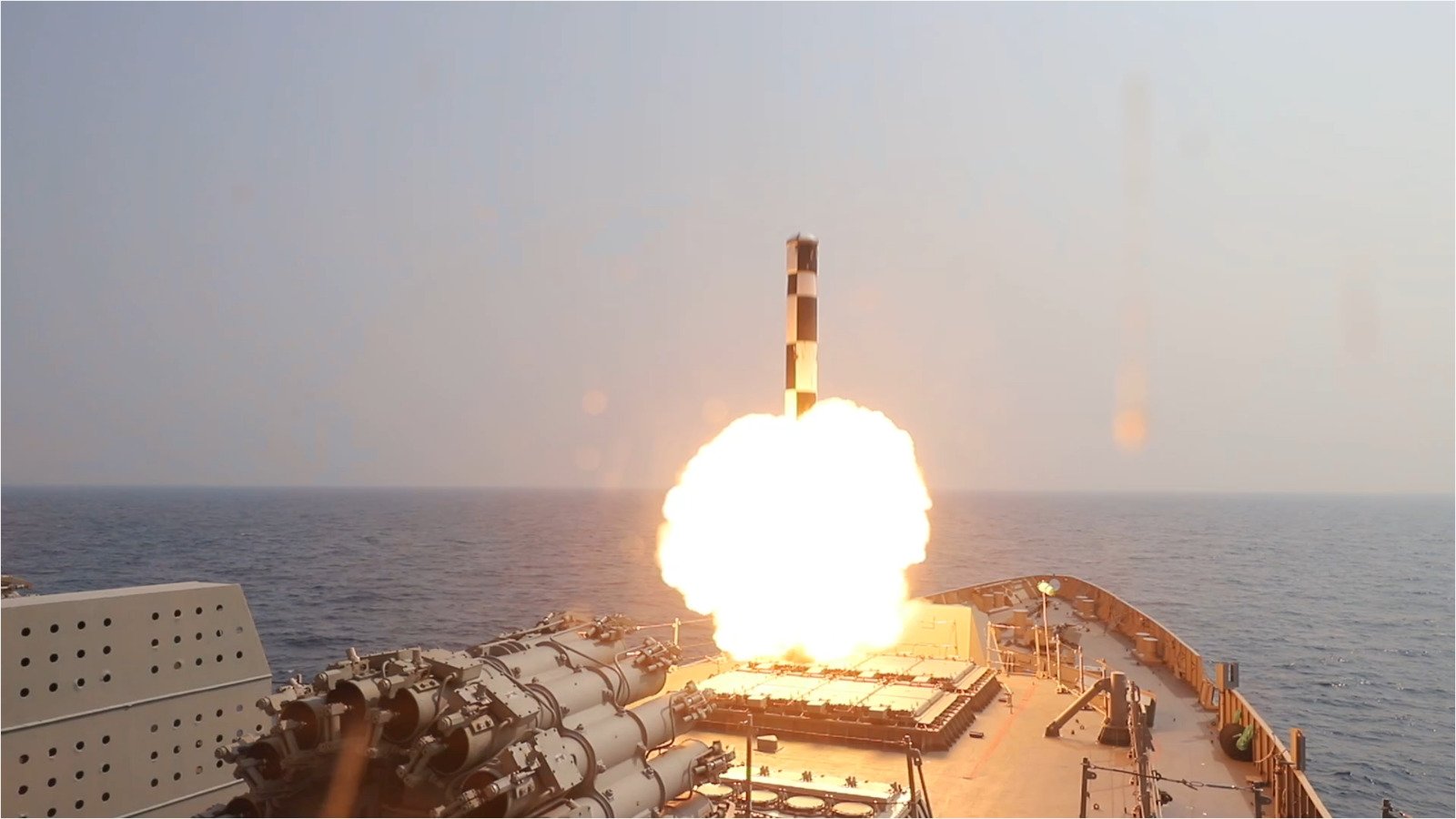 Previous Article
Previous Article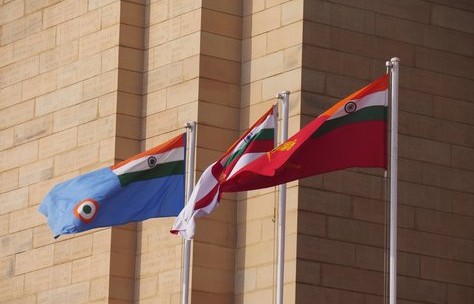 Next Article
Next Article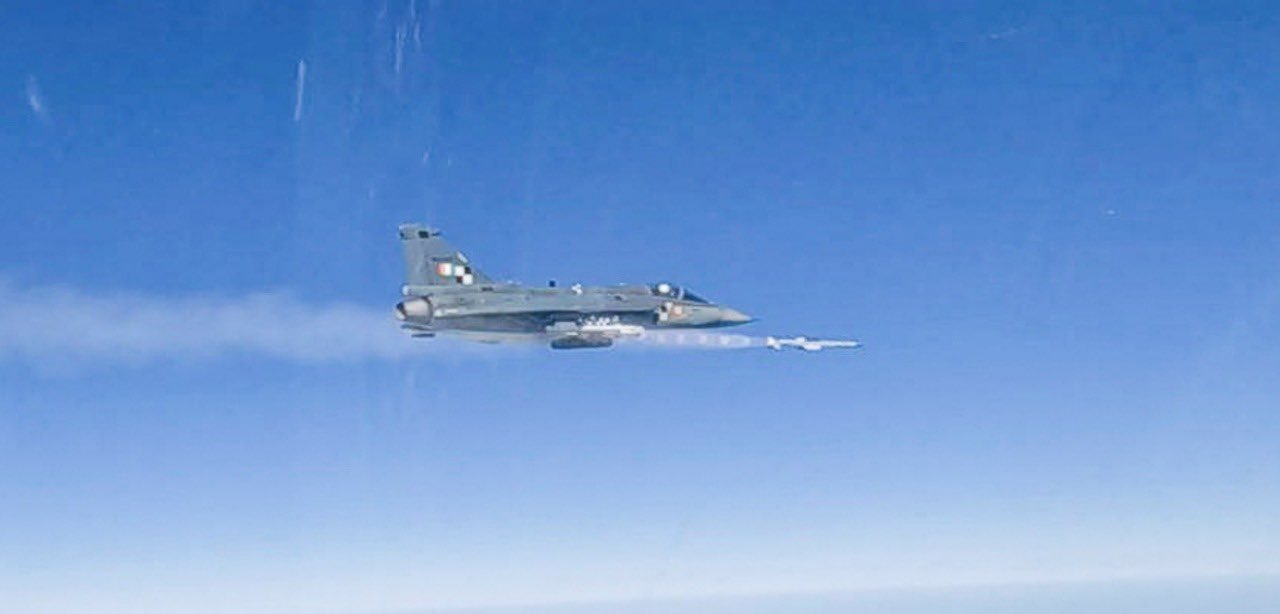
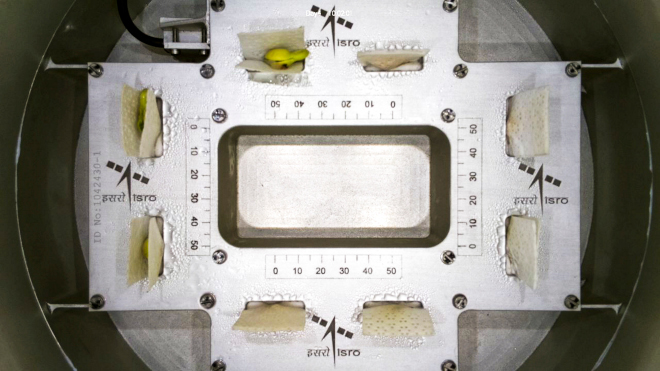




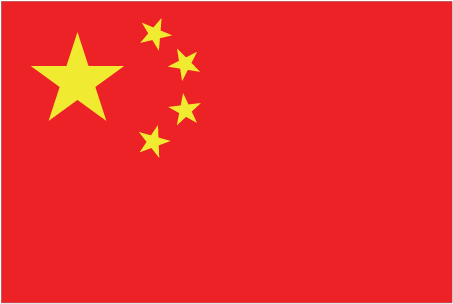





The Indian Air Force, in its flight trials evaluation report submitted before the Defence Ministry l..
view articleAn insight into the Medium Multi-Role Combat Aircraft competition...
view articleSky enthusiasts can now spot the International Space Station (ISS) commanded by Indian-American astr..
view article